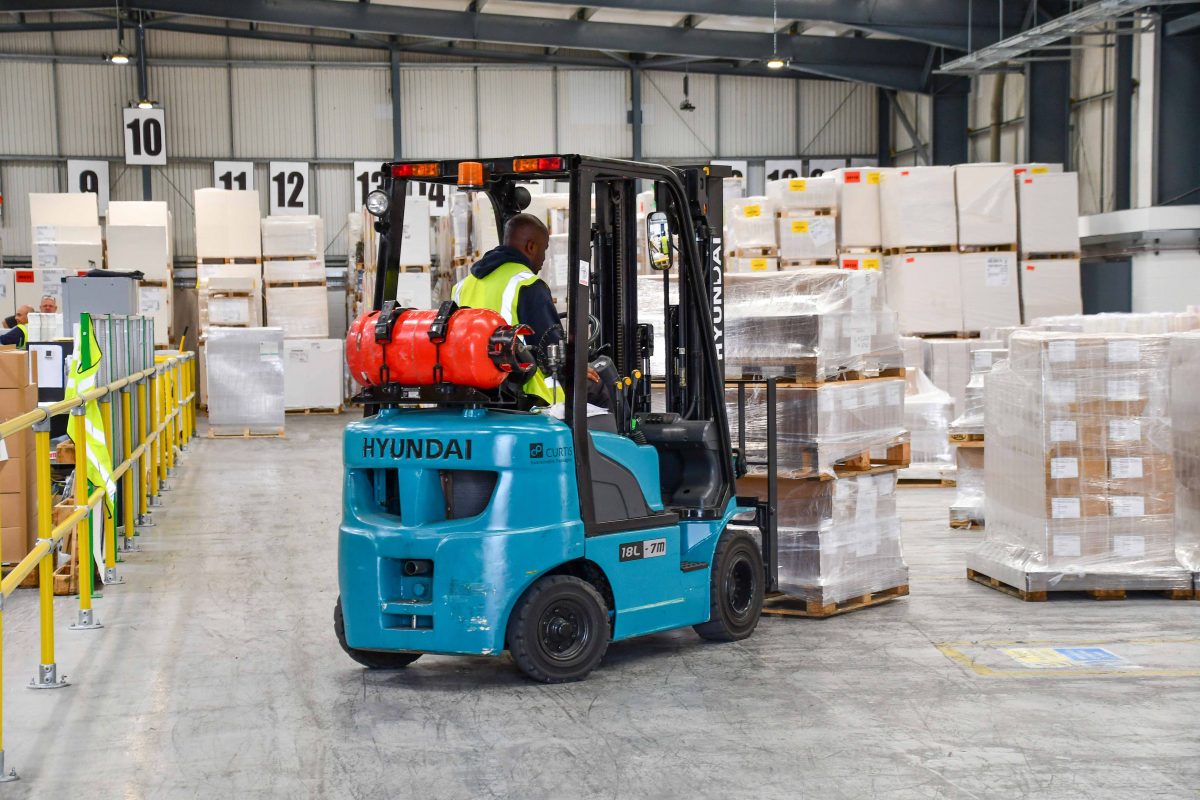Navigating the Holiday Hustle: Why the Festive Period Can Be Tough on Mental Health
The holiday season is often painted with images of joy, togetherness, and festive cheer. However, beneath the surface of glittering decorations and joyful carols, many individuals find themselves grappling with a complex range of emotions that can take a toll on their mental health.
Here are a few reasons why the festive period can be challenging for mental health:
Expectation vs. Reality Surrounding Mental Health
The holidays are often portrayed as a time of perfect celebrations, creating an unrealistic standard for individuals to meet. The pressure to create picture-perfect gatherings, buy the perfect gifts, and have flawless family interactions can lead to stress and feelings of inadequacy.
Loneliness and Isolation
For those who may be far from family or have experienced loss, the holidays can magnify feelings of loneliness. The emphasis on spending time with loved ones can be a painful reminder of those who are no longer present or the absence of a strong support system.
Financial Strain
The financial strain associated with gift-giving, holiday decorations, and travel expenses can be overwhelming. The pressure to meet societal expectations for gift-giving can lead to stress and anxiety for those on a tight budget.
Social Comparison and its effects on Mental Health
In the age of social media, it’s easy to fall into the trap of comparing our lives to others’. Seeing seemingly perfect holiday celebrations on social platforms can contribute to feelings of inadequacy and foster a sense of not measuring up.
Unrealistic Time Demands
The festive period often comes with a barrage of social events, family gatherings, and work commitments. Balancing these demands can be challenging, leaving little time for self-care and relaxation.
Seasonal Affective Disorder (SAD)
The winter months bring shorter days and less sunlight, contributing to Seasonal Affective Disorder for some individuals. The lack of sunlight can affect mood, energy levels, and overall well-being.
Family Dynamics
While the holidays are a time for family, they can also bring about tense family dynamics. Old conflicts and unresolved issues may resurface, causing stress and emotional strain.
It’s important to recognise that everyone experiences the festive season differently. If you find yourself struggling, consider reaching out to friends, family, or a mental health professional. Taking the time to prioritise self-care, manage expectations, and set realistic boundaries can help make the holiday season a more positive and mentally healthy experience. Remember, it’s okay not to be okay, and seeking support is a sign of strength, not weakness.
Our Mental Health courses go beyond the basics, offering valuable insights into recognising signs of mental health issues and promoting a culture of understanding. In a world where mental health is paramount, these courses empower your team with the tools to not only navigate their own well-being but also to extend a helping hand to their colleagues.
Join us on this journey towards a mentally healthy workplace, where we not only lift loads but also lift spirits. Because at Acclaim Handling, we handle more than just equipment—we handle the well-being of our people.






